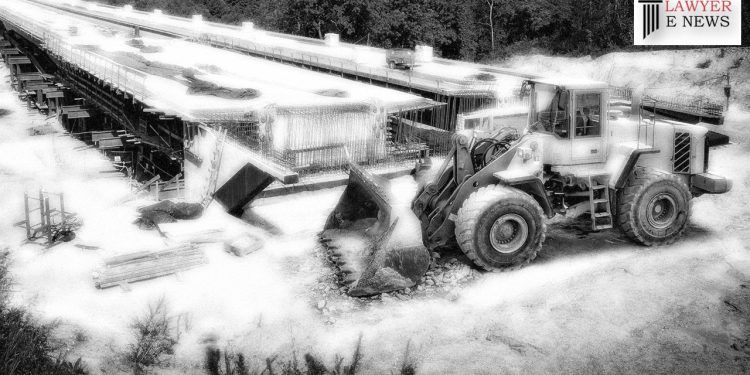Supreme Court Upholds Validity of Land Acquisition for Road Project; Acquisition Does Not Lapse

In a significant ruling, the Supreme Court of India has upheld the validity of a land acquisition carried out by the Delhi Development Authority for a road project of great public importance. The Court, in its judgment delivered by Justice Rajesh Bindal, held that the acquisition did not lapse, dismissing the writ petition filed by Anita Singh and others challenging the acquisition.
The case centered around a 100 square yard plot in the Revenue Estate of Village Dichaun Kalan in Delhi. Anita Singh claimed to have purchased the land through a sale deed in 2005. However, the land was subsequently subject to acquisition by the Delhi Development Authority. A notification under Section 4 of the Land Acquisition Act, 1894, was issued in 2006, followed by a notification under Section 6 in 2007. The Land Acquisition Collector announced the award in 2008.
Anita Singh filed a writ petition in 2016, invoking Section 24(2) of the Right to Fair Compensation and Transparency in Land Acquisition, Rehabilitation and Resettlement Act, 2013. She contended that neither the compensation had been paid to her nor had the possession of the land been taken by the acquiring authority, resulting in the lapse of the acquisition.
The High Court of Delhi had allowed Anita Singh’s writ petition, opining that the acquisition had lapsed due to the failure to comply with the conditions specified in Section 24(2) of the 2013 Act. However, the Supreme Court, in its judgment, set aside the High Court’s order and dismissed the writ petition.
Justice Bindal, in the judgment, referred to the Constitution Bench decision in Indore Development Authority v. Manoharlal and Others, which clarified that satisfaction of either of the conditions, namely taking over possession of the land or payment of compensation, is sufficient to save the acquisition from lapsing under Section 24(2) of the 2013 Act. The Court also noted that the compensation for the land had been deposited with the Reference Court, fulfilling the requirement of payment under the law.
The Court further emphasized that once possession of the acquired land has been taken by the State, the land vests with the State Government, free from all encumbrances. Any person retaining possession thereafter is considered a trespasser. In this case, Anita Singh was not the recorded owner of the land at the time of acquisition or the pronouncement of the award. The Court held that the amount of compensation was rightly deposited with the Reference Court due to the dispute of ownership.
The Court took into account the public importance of the road project, which aimed to provide better connectivity and de-congestion in Delhi. It noted that the project had to be completed before August 15, 2023, in light of the Amrit Mahotsav, marking 75 years of Independence. Considering these factors, the Court held that the acquisition for the road project was valid and in the public interest.
The Supreme Court’s decision provides clarity on the interpretation of Section 24(2) of the 2013 Act and reinforces the importance of fulfilling either the possession or compensation requirement to sustain an acquisition. The ruling also underscores the significance of public infrastructure projects for the welfare and development of society.
This judgment will have far-reaching implications for land acquisition cases and ensure the smooth progress of infrastructure projects critical for the nation’s growth and connectivity.
Delhi Development Authority v. Anita Singh & Ors.
D.D. 01 May 2023





